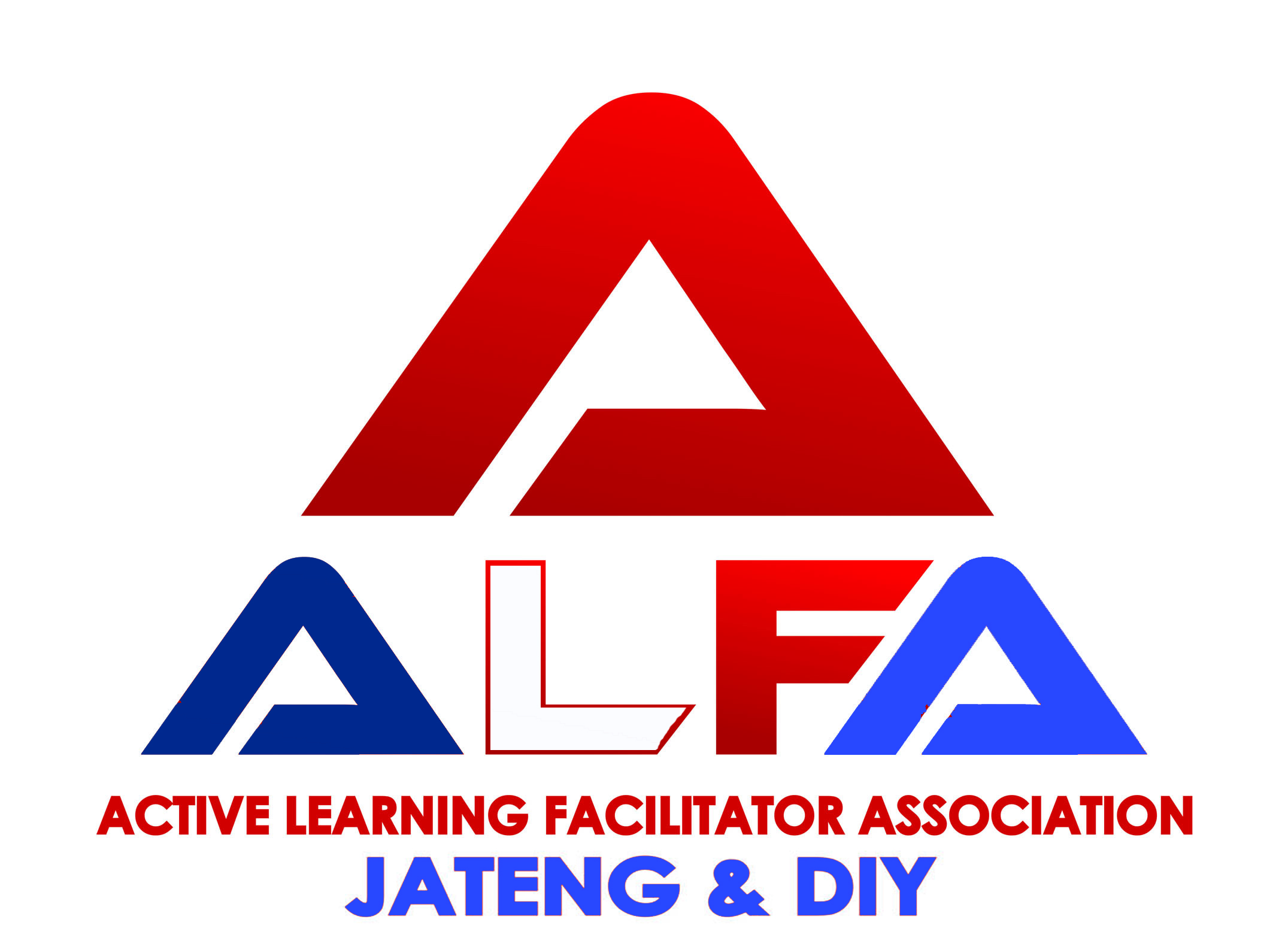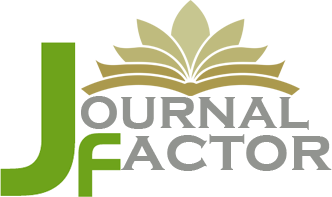The Effect of Guided Inquiry Learning Model and Scientific Performance on Student Learning Outcomes
Abstract
The purpose of research (1) Investigate the effect of guided Inquiry learning toward student learning result (2) Investigate the effect scientific performance to the student learning result (3) Investigate the interaction the guided Inquiry model and learning scientific performance toward the student learning result in sistem Excretion material. The research subjeck were 60 student of XI IPA 1 and 2 of SMAN 10 Pandeglang. Taken by simple random sampling. The data were analyzed by two tailed ANOVA test. Before the hypothesis was tested, normality and homogeneity test were done, the method that used in this research is quasi experiment with 2 x 2 factorial design. Based on the analyzed data, the highest score of the student learning result in experiment and control group were 90 and 85 with the means were 82 and 72. It can be concluded that: (1) there is significant influence of guided Inquiry learning the student learning result (2) there is significant influence of scientific performance to the student learning result (3) there is an interaction between guided Inquiry learning model and scientific performance toward the student learning result in Excretion system material. Based on the conclusions, it is suggested that the teacher’s ability is encouraged to dig deeper the student’s potential and performance.
Keywords: learning outcome, Guided Inquiry, level of Scientific performance
Full Text:
PDFReferences
Bialangi, M.S., Zubaidah, S., Amin, M., & Gofur, A. (2016). Improving the biology learning results of low academic ability students by using jigsaw and guided inquiry learning. International Journal of Research & Review, 3;(11): 32-42.
Bilgin, I. (2009). The effects of guided inquiry instruction incorporating a cooperative learning approach on university students’ achievement of acid and bases concepts and attitude toward guided inquiry instruction. Scientific Research and Essay .4;10;1038-1046.
Bloom, B, Krathwohl, Dr. Maria, BB. (1964). Taxonomy of Educational Objectives: the Classification of Educational Goals. New York: McKay. Colburn, A., 2000. How do Mae (lab Activities Moore Open ended). Jurnal[Online]Tersedia di:www.Exploratirium.edu/IFI/Resourc es/workshop/lab-activites.html.
Evrim, U. (2016). The effect of Guided Inquiry Laboratory Experiments on Science Education Students’ Chemistry Laboratory Attitudes, Anxiety and Achievement.
El Islami, R.A.Z. (2013). Menghasilkan guru yang profesional dan religius, bermoral, memiliki kompetensi sesuai dengan tuntutan masyarakat serta dapat melakukan pembinaan pengembangan sekolah dasar, meningkatkan kualitas guru sekolah dasar. Thesis unpublised: Universitas Pendidikan Indonesia.
Ibrahim, Achmad, Sari Wulan, Ana Ratna Wulan. (2014). Penerapan Learning Class untuk Mendiagnostik Kesulitan Belajar Siswa SMA pada Materi Sistem Ekskresi Manusia. Fomica Education Online. Vol. 1.
Khasnabis, D. (2008). Developing scientific literacy through classroom instruction: investigating learning opportunities across three modes of inquiry-based science instruction. Disertation unpublised. University of Michigan.
Kubicek, P.J. (2005). Inquiry-based learning, the nature of science, and computer technology: New possibilities in science education. Canadian Journal of Learning and Technology. 31(1): 1-5.
Kuhlthau, C.C. (2010). Guided Inquiry: School Libraries in the 21st Century. School Libraries Worldwide. 16(1):1728.
Ozdem, Y., Cavas, P., Cavas, B., Cakiroglu, J., & Ertepinar, H. (2010). An investigation of Elementary Students Scientific Literacy Levels. Journal of Baltic Science Education. 9(1): 6-19.
Özdilek dan Bulunuz. (2009). The Effect of a Guided Inquiry Method on Preservice Teachers’ Science Teaching
Self- Efficacy Beliefs. Journal of Turkish Science Education.
Rakhmawan, A., Setiabudi, A., &Mudzakir, A. (2015). Perancangan pembelajaran literasi sains berbasis inkuiri pada kegiatan laboratorium. Jurnal Penelitian dan Pembelajaran IPA. 1(1): 143-152.
Rusman. (2013). Model-model Pembelajaran: Mengembangkan Profesionalisme Guru. Jakarta: Rajawali Pers.
Rustaman, N, (2014). Kemampuan kognisi, kerja Ilmiah dan sikap Mahasiswa Non IPA melalui Pembelajaran Inkuiri Berbantuan Multimedia. Jurnal Pendidikan IPA Indonesia.
Rustaman, N. (2004). Assesmen Pendidikan IPA. Bandung: Nusa Media.
Slavin Robert E. (2010). Cooperatif Learning, Bandung: Nusa Media.
DOI: https://doi.org/10.31002/ijose.v2i1.596
Refbacks
- There are currently no refbacks.
Copyright (c) 2018








